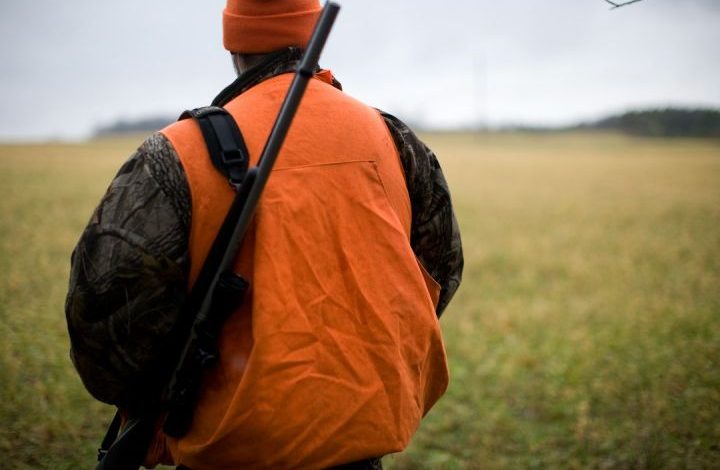What’s the Role of Scents in Hunting?

Hunting is an age-old practice that relies on various techniques and skills to track and capture game. One crucial aspect of hunting that often goes overlooked is the use of scents. Scent plays a vital role in the hunting process, as it helps hunters attract and locate their prey. In this article, we will explore the significance of scents in hunting and how they contribute to a successful hunt.
Understanding the Power of Scent
Animals, especially mammals, have an acute sense of smell. They rely on their noses to navigate their surroundings, locate food, and detect potential threats. Hunters can take advantage of this by using scents to mimic or mask their presence. By understanding the power of scent, hunters can manipulate it to their advantage and increase their chances of a successful hunt.
Using Natural Scents to Attract Prey
One common technique that hunters employ is the use of natural scents to attract their prey. Many animals have unique scents that they use for communication, mating, or marking territory. By using these scents, hunters can create an enticing environment that lures game towards their desired location.
For example, deer hunters often use doe urine to attract bucks during the mating season. Bucks are naturally attracted to the scent of a receptive doe and will follow it in search of a potential mate. By strategically placing doe urine around their hunting area, hunters can increase their chances of encountering a buck.
Masking Human Scent
While attracting prey is essential, masking human scent is equally crucial in hunting. Animals are highly sensitive to the scent of humans, which can alert them to potential danger and cause them to flee. To combat this, hunters often use scent-masking sprays or attractants that help conceal their presence.
Scent-masking sprays are designed to neutralize or minimize human odors that may give away a hunter’s position. These sprays often contain natural scents, such as earth or pine, which help blend in with the environment and mask any human scent that may be present.
Using Scents for Tracking
In addition to attracting prey and masking human scent, scents can also be used for tracking purposes. When hunting larger game, such as bears or wild boars, tracking scents can be highly effective in locating their whereabouts. These scents are usually derived from the animal’s natural sources, such as urine or gland secretions.
By applying these scents to the ground or vegetation, hunters can create a trail that leads them to the animal’s location. This method is particularly useful when tracking animals in dense forests or areas with limited visibility.
The Role of Scents in Hunting Success
The role of scents in hunting cannot be underestimated. They provide hunters with a strategic advantage by attracting prey, masking human scent, and aiding in tracking. However, it is important to note that scents alone do not guarantee a successful hunt. They should be used in conjunction with other hunting techniques, such as camouflage and proper weapon skills.
In conclusion, scents play a significant role in hunting by attracting prey, masking human scent, and aiding in tracking. By understanding and utilizing the power of scent, hunters can enhance their hunting experience and increase their chances of a successful hunt. Whether it is using natural scents to lure game or masking human scent to remain undetected, scents are a valuable tool in the hunter’s arsenal. So, the next time you head out on a hunting expedition, don’t forget to harness the power of scents to improve your chances of a memorable and fruitful hunt.
